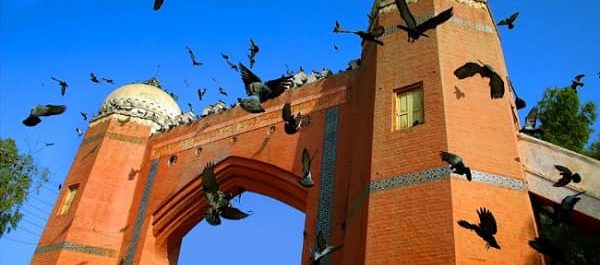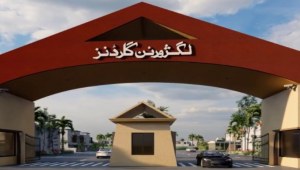Lahore: The Government of Punjab has given its first Tourism Policy for the province to become an attractive tourist destination through comprehensive planning, development, diversification and management of local spots, according to news sources.
The provincial cabinet approved this policy in its 15th meeting in July in an attempt to use tourism to fuel economic growth and alleviate poverty, while treating it as a provincial priority area. The former Tourism Minister Raja Yasir Humayun, who also supervised the formulation of this policy, briefed the cabinet about its key features.
Read: Punjab govt to form new tourism authority
In this maiden policy, the government plans to develop and capitalise on its landscape, wetlands, history, heritage, festivals, cuisine, ecology and archaeology, in close collaboration with the private sector. The policy requires the planned development of new and existing tourist sites. It identifies five strategic aspects of tourism development – building state-of-the-art tourism infrastructure, building a strong brand, ensuring safety of tourists, developing talent for the travel sector, and ensuring sustainable growth.
The provincial tourism policy also included strategies to tap into religious, cultural and heritage, ecological, desert, adventure, and recreational tourism. To this end, many specific strategies have been proposed for the private sector; tour operators, travel agents, NGOs, information desks, hospitality and food proprietors. Effective marketing, outreach and communications strategies are also envisaged in the policy to encourage sustained and inclusive media advocacy. The Government of Punjab has proposed that the tourism development strategy should be driven by local bodies and led by the private sector.
Read: Punjab govt to develop Kotli Sattian as tourist spot
The Punjab Tourism Policy document explains that even though the UNWTO (World Tourism Barometer) shows a 12% growth in South Asian tourism in 2017, this growth trajectory isn’t visible in Pakistan. The cabinet members were briefed about the challenges faced by the development of tourism in the region.








